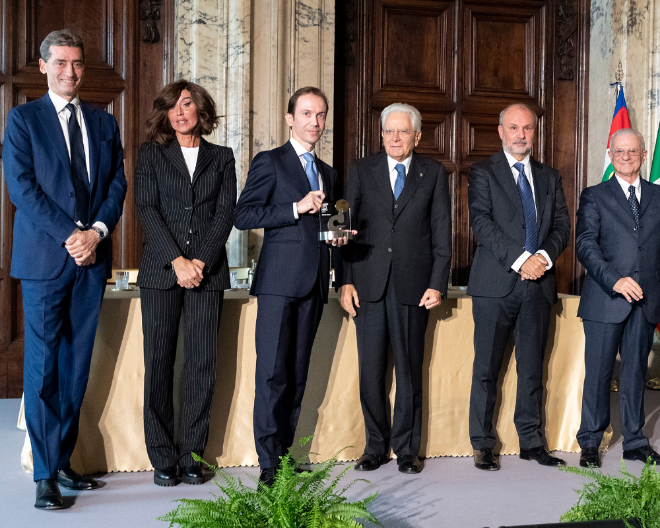The well-being of health and social care professionals for better care for the elderly
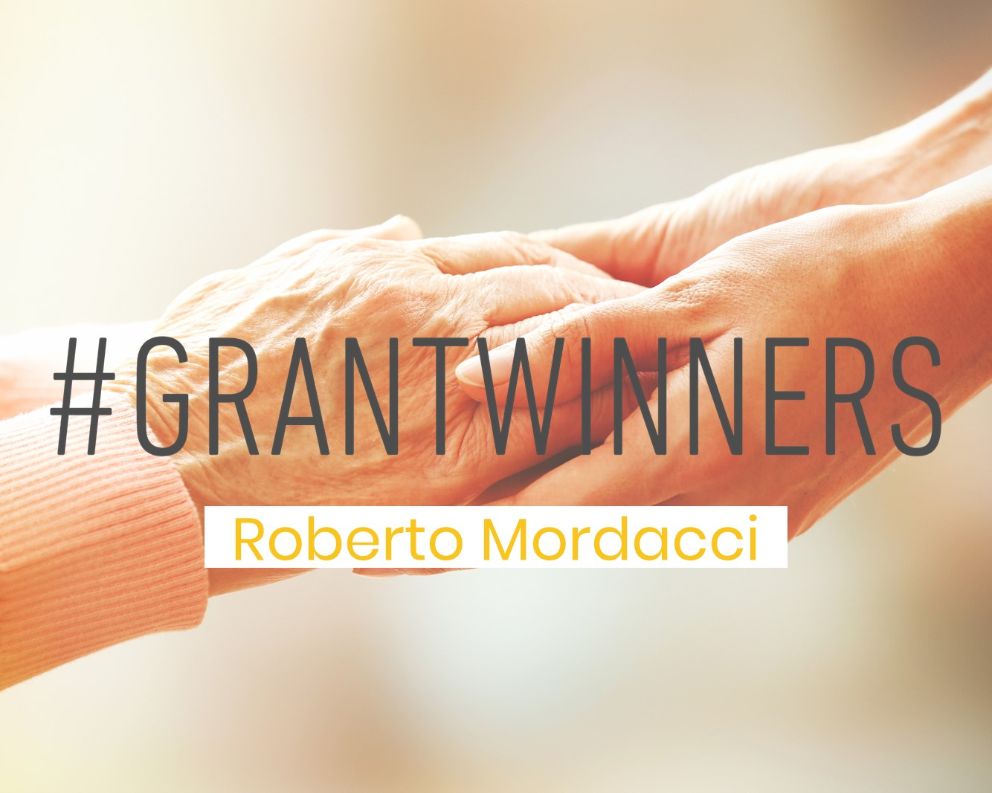
What structural aspects, in socio-health institutions dedicated to elderly patients, affect the quality of work of professionals in terms of time and space? What are the effects on the patient? What moral dilemmas recur in the care of the fragile person? How can they complicate the delivery of care and how to deal with it?
Such questions will be investigated by the structured and interdisciplinary collaboration between the Faculty of Medicine and the Faculty of Philosophy of the Vita-Salute San Raffaele University, winners of the Cariplo call for proposals “Social research on aging: people, places, relationships” with their project “Home, hospitals, humans: the impact of space and time in long term care delivery and aging”. The main purpose is to investigate the impact of places, times and relationships on the well-being of health and social workers, insofar as this in turn falls on the well-being of the person assisted. Project coordinator is Prof. Roberto Mordacci, Dean of the Faculty of Philosophy and Professor of Moral Philosophy in UniSR.
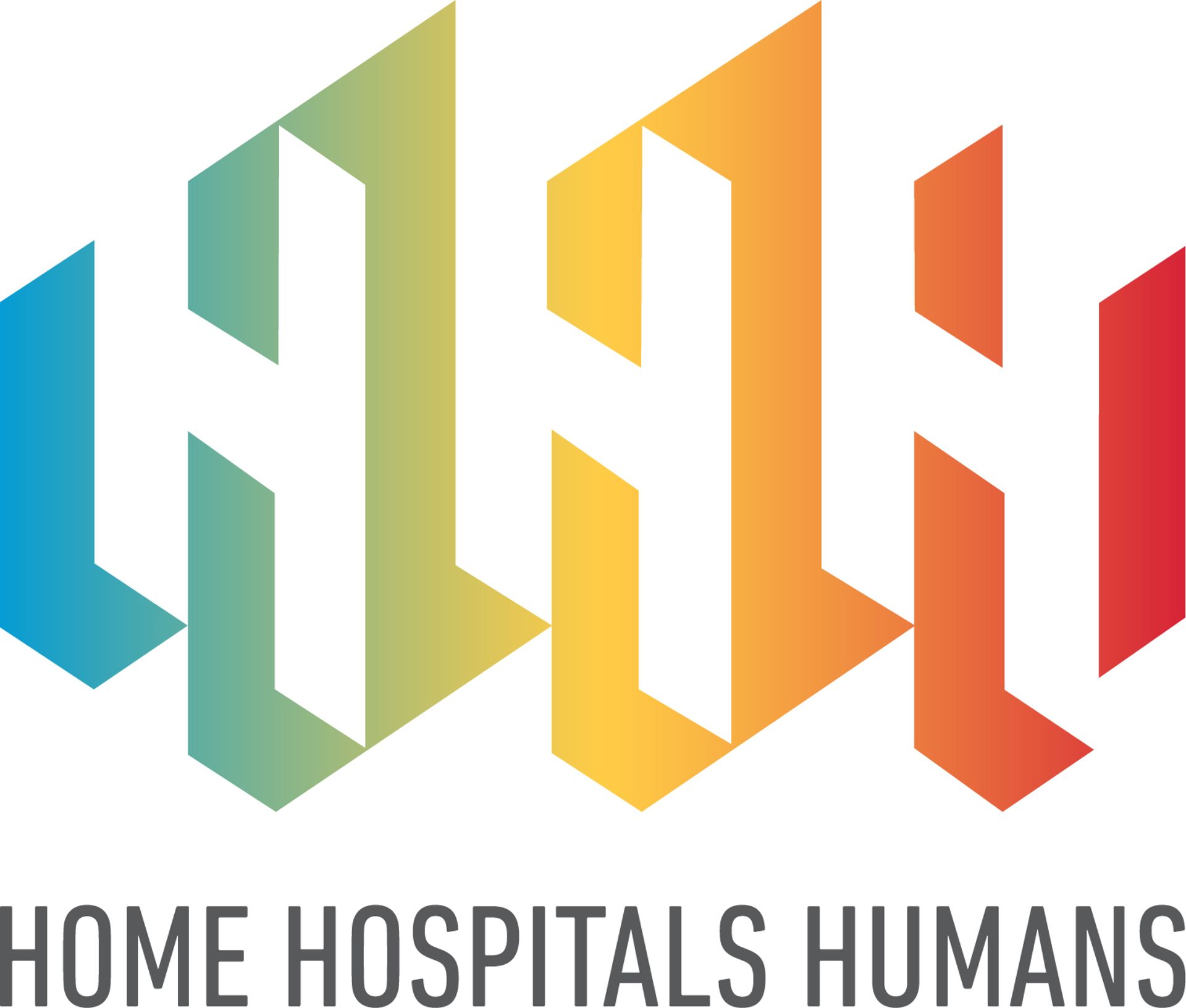
The objectives of the project
Taking advantage of the particular methods of both empirical research (quantitative, qualitative analysis, literature reviews) and philosophical reflection (what are the ethical-philosophical principles underlying the care of the fragile person, and what the challenges), the project aims more precisely at the following objectives:
- identify the environmental and organizational characteristics of the setting (hospital vs residential) which impact on the well-being of the operators (doctors, nursing, health and care workers, caregivers) and on the consequent well-being of the elderly;
- identify, within different settings, the specific determinants of burnout and moral distress among the operators, as peculiar to the care of the elderly;
- identify what are the ethical principles underlying these determinants: for example, moral uncertainty (difficulty in understanding what is the best solution at a certain time, in a certain context, for a certain patient), moral dilemma (difficulty in understanding, among several viable alternatives, which one is the best), moral distress (difficulty in implementing the most appropriate action due to organizational and environmental difficulties);
- identify, prepare and test a specific training intervention aimed at supporting operators in improving their ability to withstand these stress phenomena, through mixed educational methods (from simulation to discussion to the traditional lecture), training their ability to reason and act in conditions of complexity, where the needs of the organization, the needs of the staff, the needs of the patients, the needs of families and society are permanently interacting.

The importance of this study
According to Dr. Federico Pennestrì, collaborator to the project, PhD in Philosophy and Sciences of the Mind and Contract professor in “Rehabilitation in the world” (Master of Science in Rehabilitation Sciences of the Health Professions) and “Bioethics” (IMD Program) at the Faculty of Medicine and Surgery UniSR:
“The study arose from the need to support socio-health professionals to act in increasingly complex and demanding contexts, especially given the increase in chronic elderly patients, affected by various degrees of social fragility. For the latter, our research would like to guarantee the best possible technical and relational assistance; in the case of those elderly people who instead – although they need to be institutionalized – have better physical, psychological and social characteristics, to ensure that institutionalization itself does not lead to a loss of interest and participation in relation to one's desires and one's own life”.
Adds Dr. Noemi Giannetta, UniSR researcher and PhD student at the Tor Vergata University of Rome, committed in empirical research of the phenomenon:
“The concept of care is as old as it is dense in nuances. We take care of another human being every time we love him, but also every time we transform the world to make it more welcoming to him – whether he is aware of it or not, whether we do it with love or not. In the case of the doctor and the entire healthcare team, it is clear that the profession itself has the traits of a vocation for the care of others. A dense web of procedures has somehow overshadowed, at least in contemporary scientific literature, the attention to the patient’s well-being, moving the operator away from the “client” and encapsulating the former in an impenetrable sphere of technicalities. The ambitious underlying objective of this research work is to reverse this paradigm and decline the set of attentions that pertain to the conceptual sphere of “care” in the context of a nursing and health profession in general, which learns to dominate the processes of technique and thus becomes the owner of a good power that amplifies its ability to intervene in space and time without denying humanity of the care (in a technical sense) to the fragile and/or elderly person”.
The same care structures can make use of the results of the research to help their professionals to cope with the specific challenges of this type of patient and citizen, even considering the structural and organizational limits that unfortunately do not depend on the same structures. “In this context, most of the problems of care today are not the result of the errors of individual professionals, nor of the shortcomings of the individual structures, but of the growing complexity of the needs placed on them by patients, very often in the face of limited resources”.

Resumes Dr. Pennestrì: “So far, the research has produced a systematic review of the literature on scientific measurement methods of moral distress in health workers, and a scoping review on the environmental and relational determinants of this phenomenon in the specific case of”. Waiting to enter the strictly empirical phase of the project, which involves the administration of questionnaires and interviews to hospital and local operators, the research is continuing on three fronts:
- in the search for specific tools to measure moral distress in different contexts;
- in the search for environmental and relational determinants of burnout and moral distress in the specific case of doctors;
- in the construction of the final training intervention, summarizing the preliminary results of the research and international practices and evidence.

A funding that rewards a multidisciplinary team
The research team is composed of a multidisciplinary team of philosophers and nurses, respectively composed by Prof. Roberta Sala, Professor of Political Philosophy UniSR, Prof. Mordacci and Dr. Pennestrì; and Prof. Duilio Fiorenzo Manara, UniSR Nursing Science Associate, Dr. Giannetta and Dr. Giulia Villa, OSR researcher and nurse.
Dr. Pennestrì concludes: “Having received this Cariplo funding offers our multidisciplinary team of philosophers and health professionals the opportunity to contribute, according to their respective skills, to improve the daily lives of operators and patients who live the reality of hospitals and care homes, in a way that is compatible with the needs and availability of the individual structures. A highly multidisciplinary perspective like this honors the scientific and humanistic soul that makes our University an international excellence”.
The research group recently published a systematic review in the prestigious journal International Journal of Nursing Studies with the aim of summarizing and evaluating the psychometric properties of the tools that quantify the phenomenon of moral distress in healthcare professionals. The results show that the tools based on Corley's theory, capable of quantifying the frequency and intensity of moral distress, are those most frequently used by international researchers, validated in different clinical contexts and adapted to each professional type. Click here to read the review
Tags:
You might be interested in

Boletta and Iannacone awarded two ERC Advanced Grants
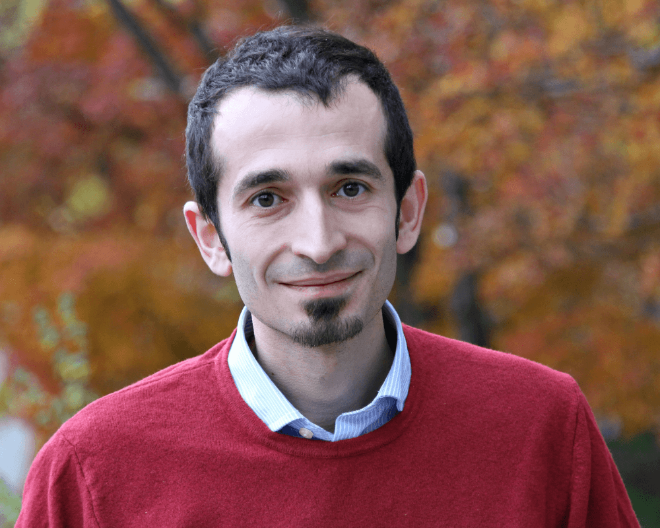
ERC Consolidator Grant awarded to Dr. Donato Inverso
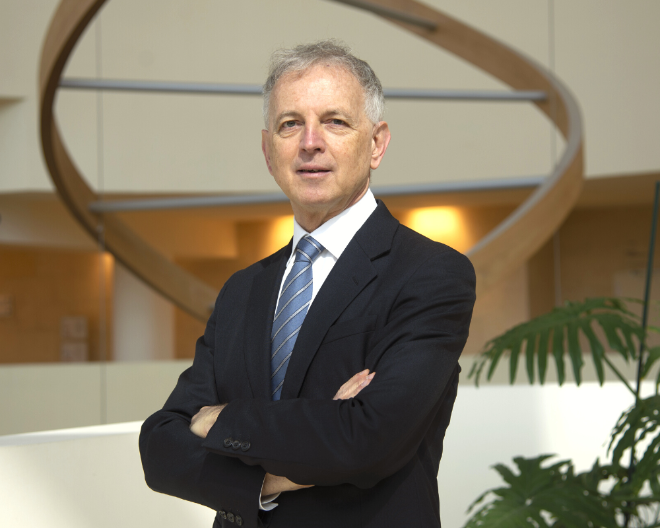
Phacilitate Lifetime Achievement Award 2024 For Advanced Therapies To Luigi Naldini
